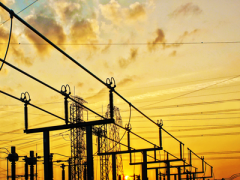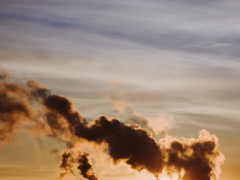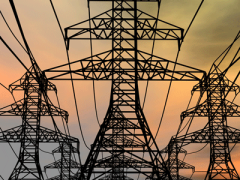Steep increase in global CO2 emissions despite reductions by industrialised countries
Global emissions of carbon dioxide (CO2) – the main cause of global warming – increased by 45% between 1990 and 2010, and reached an all-time high of 33 billion tonnes in 2010. Increased efficiency, nuclear energy and the growing contribution of renewable energy are not compensating for the worldwide increase in demand for power and transport, which is strongest in developing countries.
This increase took place despite emission reductions in industrialised countries during the same period. Even though different countries show widely variable emission trends, industrialised countries are likely to meet their collective Kyoto target of a 5.2% reduction of greenhouse gas emissions by 2012 as a group, partly thanks to large emission reductions from economies in transition in the early nineties and more recent reductions due to the 2008-2009 recession. However, their share of global emissions has fallen from about two-thirds in 1990 to less than half in 2010. These figures were published today in the report "Long-term trend in global CO2 emissions", prepared by the European Commission's Joint Research Centre and PBL Netherlands Environmental Assessment Agency.




